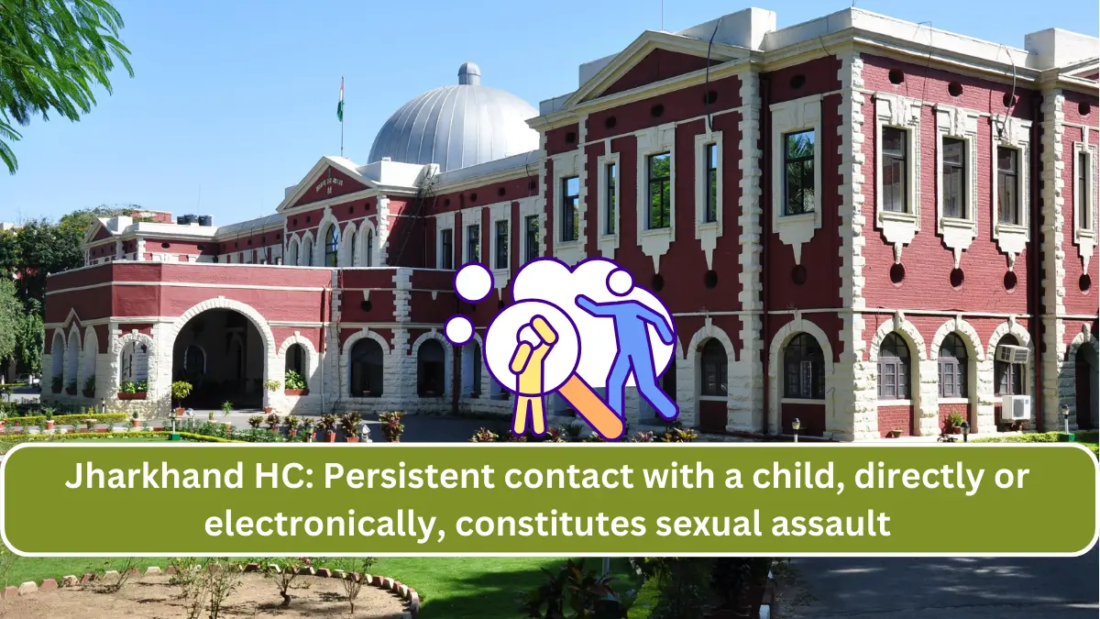Introduction: X v. The State of Jharkhand & Anr (Cr. Revision No.663 of 2022) is a criminal revision pertaining to Petitioner (X) challenging the order of the Special Judge (POCSO) rejecting his discharge application in connection with a case arising from the alleged kidnapping, sexual harassment, and murder of a minor girl. The informant (father of the victim) lodged an FIR, alleging that X, a former teacher of the victim, kidnapped and sexually harassed the minor girl. The complaint detailed incidents of harassment, the removal of the accused from the school, and subsequent threats. The investigation revealed statements from family members and friends supporting the allegations. However, the Petitioner contended he was falsely implicated.
Facts of the Case: The case involves a father reporting his 15-year-old daughter missing, alleging that the school teacher (Petitioner) had previously harassed her. The teacher was removed from the school after a complaint, but he persisted in trying to meet the victim. Believing he kidnapped her for an illicit relationship, the father filed a report, leading to charges under IPC Sections 363 and 366A and POCSO Act. Despite the Investigating Officer’s report citing insufficient evidence, the Trial Court proceeded. The Petitioner’s discharge application was rejected, prompting him to appeal to the High Court.
Top of Form
Contention of the Petitioner: X, through his counsel, filed a discharge application arguing that he was falsely implicated, emphasizing the lack of evidence connecting him to the offenses. The Petitioner contended that the court failed to apply its judicial mind and that there was no prima facie case against him.
Response of the Respondent: The State and the informant opposed the discharge application, presenting the FIR, statements of witnesses, and the investigation findings. They asserted that there was sufficient material connecting the Petitioner to the sexual harassment, kidnapping, and murder of the minor girl.
Court’s Observation: The court, guided by legal precedents, emphasized that at the stage of framing charges, it should consider the allegations in the FIR and evidence collected by the investigating officer.
The Court stated “In the FIR itself, it has been stated that the minor victim girl of the informant was sexually harassed by the teacher at the school he used to tease her. He was also having evil eye, so the complaint was made against him to the principal of the school, and he was removed from the post of teacher from that school. Thereafter, he had threatened to see them. It has also been stated by these witnesses that even after removal from the post of teacher from that school he used to make effort to follow the victim daughter of the informant and also had been making effort to meet her and to talk to her. As such, the act of the present petitioner comes within periphery of section 11(4) of the POCSO Act, 2012 which amounts sexual harassment as explained in section 2(J) of the POCSO Act, 2012 and the same is punishable under section 12 of the POCSO Act, 2012,”
The court noted the definition of sexual harassment under the POCSO Act and analysed statements of witnesses, finding ample evidence against the Petitioner. And it concluded that, “Herein from the allegations made in the FIR and the statement of the witnesses under section 161 of Cr.PC as narrated hereinabove, there is ample evidence against the petitioner in regard to the sexual harassment caused to the victim who is deceased girl of the informant.”
Court’s Order: The Court ruled that engaging in persistent acts of following, watching, or contacting a child with sexual intent constitutes sexual harassment under Section 11(4) of the Protection of Children from Sexual Offences Act, 2012. Dismissing the criminal revision, the court affirmed the lower court’s order, stating that it found no illegality. The court held that the impugned order did not warrant interference, considering the evidence presented against the Petitioner for sexual harassment under the POCSO Act.
-By Adv. Deeksha Rai
 Cart is empty
Cart is empty 

